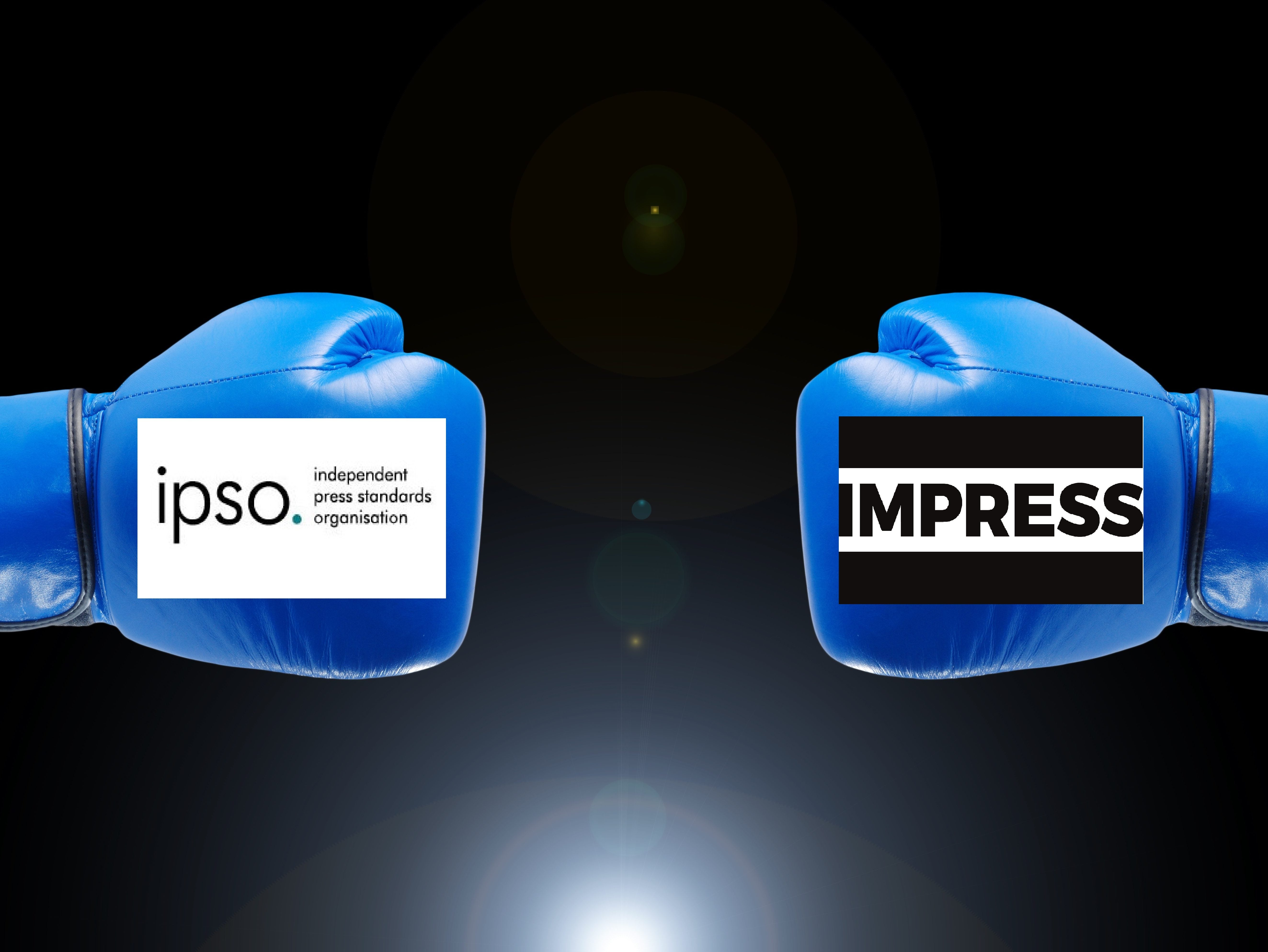
The Data Protection Bill threatens the freedom of the press, according to industry body the News Media Association.
The NMA claims that amendments to the Data Protection Bill tabled last week “shift the balance away from freedom of expression and towards privacy”.
Lib Dem peers Lord Clement-Jones and Lord McNally proposed amendments that would remove IPSO’s Editor’s Code of Practice from the list of standards that journalists have to be signed up to should they wish to be protected when using private information in public interest stories.
If this goes ahead, 1,500 print publications and 1,100 websites signed up to IPSO would lose data protection exemptions they have under the Data Protection Act.
The NMA says the existing exemptions which “enable investigative journalism and protection of sources” would be lost if the amendments were law.
A further amendment put forward by the crossbench peer Lord Skidelsky seeks to add the Impress standards code to the bill.
Impress was recognised by the Press Recognition Panel, a body set-up by royal charter following the Leveson inquiry.
The NMA said: “A series of amendments to the Data Protection Bill, proposed this week by Baroness Hollins and Earl Attlee, would shift the balance away from freedom of expression and towards privacy.
“They introduce a test of necessity, removing the requirement for the special importance of the public interest in the freedom of expression and information to be taken into account and substituting instead a requirement that the likely interference with privacy resulting from the use of someone’s personal data is outweighed by the public interest in publication.
“The amendments would give powerful claimants with something to hide fresh ammunition to pursue legal claims and shut down legitimate public interest investigation into their activities.
“All UK news media operations – broadcast, print or online – would find themselves under incessant legal challenge. This would endanger all reporting of news, features and other editorial material and even the keeping of archives.
“Other amendments put down by Baroness Hollins and Earl Attlee mean that some of those vital journalistic exemptions which are retained under the data protection regime would only be available to broadcasters and a tiny number of hyperlocal titles and websites which are members of the Max Mosley-funded regulator Impress, but no longer available to UK national and local newspapers.”
The amendments were due to be debated in the House of Lords today.
This is the latest in a series of bids by peers to enforce tougher press regulation as recommended by Sir Brian Leveson in his 2012 report.
Meanwhile, it is now ten months since the government ended its consultation on whether to enforce Section 40 of the Crime and Courts Act which would have the effect of forcing news publishers into a Leveson-compliant press regulator.
The Conservative general election manifesto promised the scrapping of Section 40, but there is doubt over whether Theresa May’s minority Government could get the measure through the House of Commons.
Email pged@pressgazette.co.uk to point out mistakes, provide story tips or send in a letter for publication on our "Letters Page" blog
